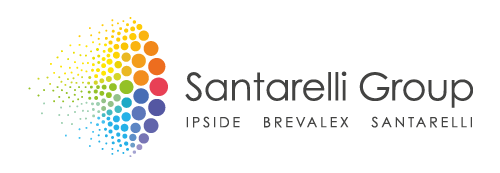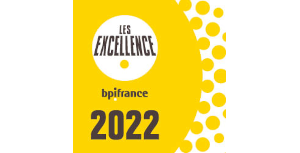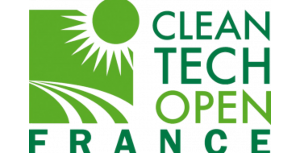You have chosen a brand and would like to organize your presence on the internet. You will invest in creating and developing a website to promote your business, your products and services. This phase requires significant intellectual and economic efforts that have to be conserved and defended, all the more so when your activity is carried out online exclusively.
By its nature, a website with its graphic, text content and source codes is accessible to all and is, therefore, easily "copyable" by third parties. Malicious acts may also include reservations of identical or similar domain names, either for the purpose of reselling to you domain names at exorbitant prices or to divert your clients to competing products or services.
You have legal means to protect and defend your efforts and investments:
- In view of domain names: It is possible to protect against abusive domain name reservations even if there are many domain name extensions and it is impossible to completely occupy the domain. It is simply necessary to have a real reservation strategy, by being present in the extensions for which there is no dispute settlement procedure and in those that correspond to the geographical areas of your activities. One should also make sure that the planned domain names do not infringe on previous rights (trademarks, domain names ...) and that the sought-after domain names are available for reservation. If the proposed domain names are not available because third parties have already reserved them, there still is a chance, there are liberalization techniques that vary according to the circumstances (anonymous redemption procedure, back-orders with automatic recovery option in case of non-renewal of the domain name by its holder on due date ...). It is also possible to defend against abusive reservations (cybersquatting, typosquatting, etc.) as soon as your domain name leads to an active website. This requires the setting up of surveillance and rapid actions (letters of formal notice, UDRP procedures, SYRELLI, etc.)
- In view of your website and its contents: your graphic creations, the texts, software, and even source code can be protected by copyright if these works of mind are original (see Copyright) and if you are able to prove their dates of design (see Timestamping). In order to enforce your rights, it is necessary to first detect counterfeits [see web/ digital and surveillance of domain names and URLs] and, if necessary, take appropriate legal measures to stop the contested measures (see Pre-litigation and Litigation).
Finally, do not forget that any online uploading of a website, whether commercial or not, implies the drafting of legal notices. These are mandatory and must comply with the latest regulations (Law for Confidence in the Digital Economy, Consumer Code, Commercial Code, etc.).
The drafting of general conditions of sale or use, while not required, is strongly recommended.
The solicitation of user consent is also a must if your website uses cookies and other tracers (European "Telecom Package" Directive) and if you collect, process and store personal data, you must declare it to the CNIL (see Web/Digital).













